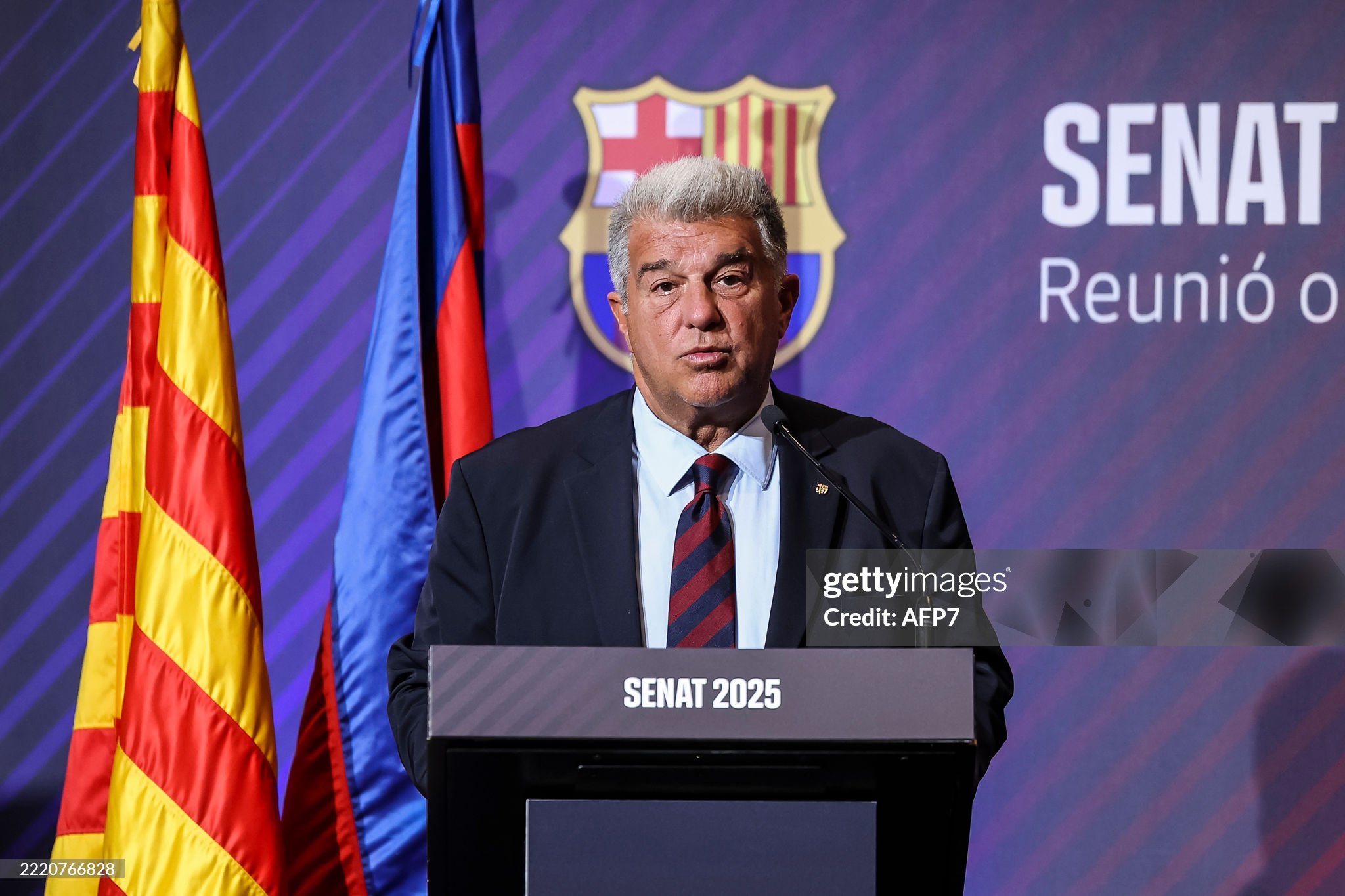
Barcelona is set to earn 40M euros through a tourism sponsorship deal with the Democratic Republic of Congo. The agreement follows similar partnerships in football and comes with financial benefits and potential political sensitivities.
Barcelona is on the verge of securing a significant commercial partnership with the Democratic Republic of Congo (DR Congo), a deal that could provide a substantial financial boost to the club’s coffers at a time when every new revenue stream is crucial.
According to reports from Reuters, the agreement is centered around promoting tourism in the African nation, as part of Congo’s broader strategy to enhance its international image and attract foreign visitors.
The deal, valued at approximately 40 million euros over four years, will see DR Congo’s tourism campaign featured prominently on Barcelona’s training and warm-up kits, covering both the men’s and women’s teams. Additionally, the partnership will grant Congo visibility across other club platforms, including digital media, promotional content, and matchday advertising. Based on the details accessed by Reuters, the Congolese government is set to pay between 10 and 11.5 million euros per season for this sponsorship a considerable sum that underscores the country’s commitment to repositioning itself on the global stage.
This strategic alliance follows a growing trend of African nations using football sponsorships to enhance their global visibility. DR Congo is not the first to take this path; clubs like AS Monaco and AC Milan have already entered into similar partnerships with the Congolese government. These collaborations aim not only to boost tourism but also to reshape perceptions of the country, which for decades has been associated with conflict, poverty, and political instability.
Interestingly, the sponsorship deal also carries geopolitical and ethical undertones. DR Congo has recently criticized other African tourism campaigns linked to football, particularly the high-profile partnerships between Rwanda and major European clubs such as Arsenal, Bayern Munich, and Paris Saint-Germain. Congo has publicly urged these clubs to sever ties with Rwanda, alleging that the Rwandan government is complicit in regional conflicts and human rights abuses, particularly in eastern Congo. They describe these partnerships as “stained with blood,” a direct reference to the ongoing tensions and violence in the region where Rwanda has been accused of supporting rebel groups.
For Barcelona, this partnership comes at a time when the club is actively seeking to stabilize its financial situation. Years of economic mismanagement, exacerbated by the COVID-19 pandemic, left the Catalan giants grappling with debt and salary cap constraints. Although the club has taken steps to improve its financial health including asset sales and restructuring new sponsorships like this one are essential to ensuring both short-term liquidity and long-term sustainability.
Beyond the financial aspect, the agreement also offers Barcelona a strategic opportunity to strengthen its global footprint, particularly in Africa a continent with a vast and passionate football fanbase. By aligning with DR Congo’s tourism ambitions, Barça can cultivate deeper connections with African supporters, engage in community-based projects, and expand its brand presence in a region that has historically been underexplored by European clubs.
Nevertheless, such partnerships are not without risks. Associations with governments that have complex human rights records or political controversies can expose clubs to criticism and reputational risks. Therefore, it remains to be seen how Barcelona will navigate the potential backlash, especially in the context of growing global scrutiny around ethical sponsorships and corporate responsibility in sports.
In the coming weeks, Barcelona is expected to officially announce the partnership, with further details on the scope of the collaboration and specific marketing initiatives. The sponsorship will likely debut in the new season, with the club’s training gear and promotional materials carrying the branding that supports DR Congo’s tourism push.



